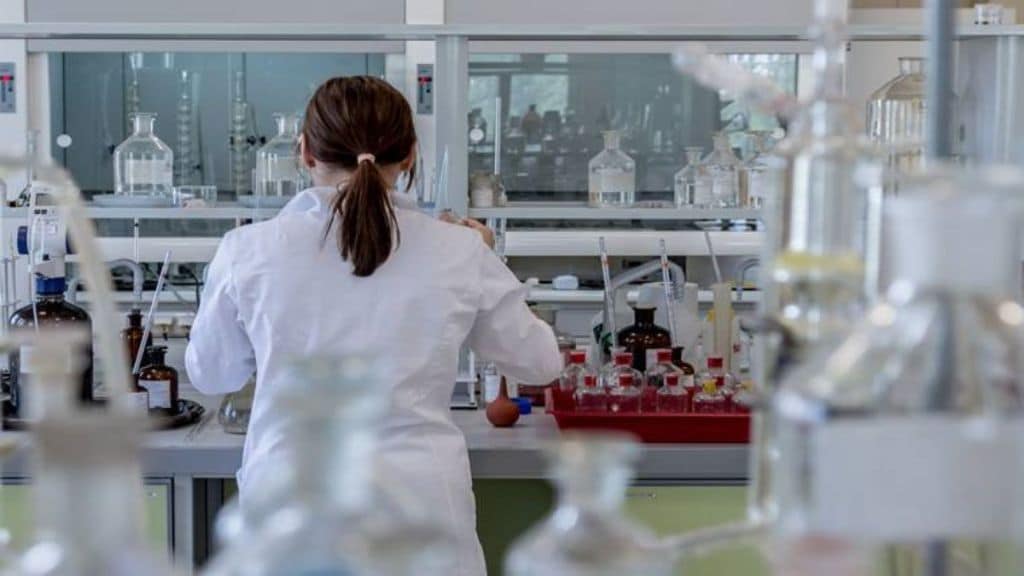Indian Institute of Technology (IIT) Guwahati researchers have revealed a study on efficacy of a specific bacterial endoglucanase enzyme, RfGH5_4 from Ruminococcus flavefaciens in breaking down woody biomatter into simple sugar that can be fermented efficiently to produce bioethanol – a renewable fuel that can replace petroleum-based fuel systems, an official statement said.
The study was led by Arun Goyal, department of biosciences and bioengineering, IIT Guwahati, in collaboration with researchers from the University of Lisbon, Portugal.
Furthermore, the statement added that the production of fuel from renewable biological sources has elicited significant scientific interest in recent years because of the problems of dwindling fossil fuel reserves and the environmental pollution associated with their generation and use.
“For industrial production of bioethanol as fuel, the lignocellulose extracted from plants is deconstructed by using the biological catalysts (enzymes) called cellulases, and subsequently fermented. Endoglucanase is one such cellulase enzyme. The bottleneck to the conversion of lignocellulosic biomass to bioethanol is the poor efficiency of these enzymes. Furthermore, the lignocellulosic biomass contains hemicellulose along with cellulose, which cannot be broken down by many endoglucanases,” it said.
The IIT Guwahati scientists have shown the efficacy of a new type of endoglucanase called RfGH5_4 in breaking down lignocellulosic and hemicellulosic biomass for the eventual conversion to bioethanol fuel.


